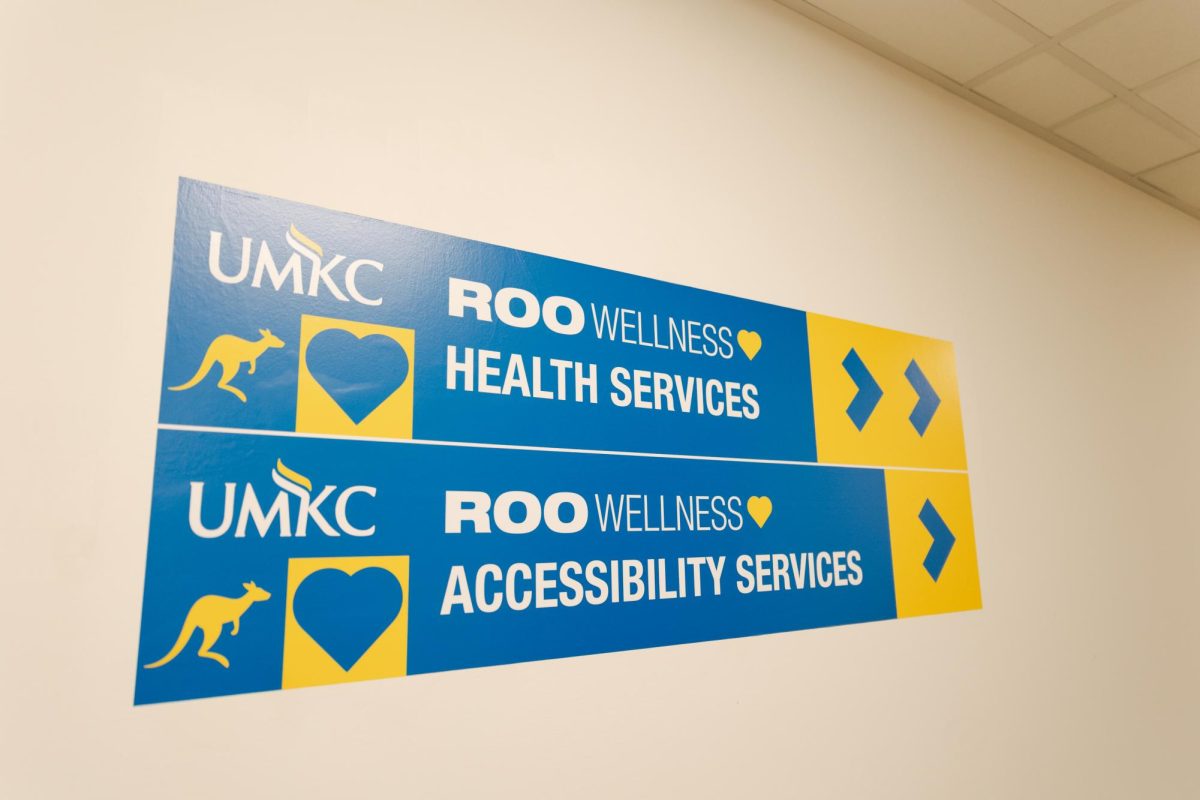On the verge of changes that will limit the accessibility of knowledge and media, The Internet Archive is facing a challenge, losing its rights to provide free information. If we lose this, we could lose more access in the future.
The Internet Archive, a prominent digital library and online preservation organization, continues to adapt its services and goals following a significant legal defeat in March 2023.
The organization continues to provide access to millions of freely available resources, including websites, software, music, books, and public domain materials.
The Archive’s mission goes further than just as a book lending service. It stands as an ambitious pursuit of easy, free and accessible information. By limiting its capabilities through this ruling, we can risk losing tons of cultural and historical pieces. If we lose these pieces, we are just inviting future limitations.
With the court’s narrow ruling on free information and fair use, in the case of this situation, this might turn to further limitation on information and free media, records and texts. When a library purchases a physical book, they can lend it freely to patrons, so why should a digital version be treated differently?
Losing access and resources to free and public information is a loss for students here at UMKC and colleges as a whole. Without this kind of access, students are expected to pay large sums each semester for books and media when there is a resource fighting to make that information free and easily prepared.
The case was against major publishing houses and focused on Internet Archive’s “controlled digital lending” practice during the pandemic.
The ruling found that the Archive’s emergency library program was committing copyright infringement, which is oftentimes called piracy. A database of free information being accused of piracy is unfair and untrue. The act of providing and cultivating free and accessible information should not be punished.
The Internet Archive, which is a non-profit organization, dedicates itself to the freedom and universal need to access knowledge, unlike the publishers which appear to care more for profit margins.
Having since modified its digital lending practices, The Internet Archive is moving to comply with the court’s decision while maintaining its core mission of preserving digital culture. Currently, the Internet Archive is now a Read-Only service powered by the Wayback Machine.













